Tens of thousands protest French law restricting filming of police
Tens of thousands of people have taken to the streets across France against a proposed security bill that would restrict sharing images of police, in a country outraged by police brutality.
Protesters in Paris and several other cities marched on Saturday to denounce the controversial legislation that the government proposed last year to criminalize the publication of images of on-duty police officers.
Demonstrators in Paris were carrying banners with slogans such as "Police everywhere, justice nowhere", and "State of emergency, police state."
“It's a strange dictatorship, one asks how far they will go with this law," said one marcher in the northern city of Lille. "If this is the case in the country of the rights of man and freedom, then I'm ashamed to be French!" he added.
While police put the total turnout across the country at 34,000, organizers said that some 200,000 people attended the rally across France.
Police arrested 75 people across the country, 24 of them in the capital, according to Interior Minister Gerald Darmanin.
Darmanin said police intervened to break up an illegal rave near the Paris demonstration and that 12 officers and paramilitary officers were injured in clashes with protests.
Protesters were also angry about “disproportionate" response by police to a New Year's rave in northwestern France, that attracted some 2,400 people.
The draft law that has already been passed by the National Assembly will be examined by the Senate, France's upper parliamentary chamber, in March.
In the face of widespread protests against the bill, President Emmanuel Macron's ruling LREM party said it will rewrite the bill's controversial Article 24 that deals with filming the police.
Protesters, however, demand the complete withdrawal of the law.
They argue that the law curbs the right of reporters to cover police brutality and contradicts “the fundamental public freedoms of our Republic.”
Under the bill, offenders could be jailed for up to a year, and fined 45,000 euros ($53,000) for sharing images of police officers.
French police brutality came to the spotlight in December last year when a video footage, circulating online, showed the violent arrest of a music producer for not wearing a face mask — required under coronavirus restrictions.
Three police officers followed the man, identified as Michel Zecler inside his music studio in Paris, and began repeatedly punching him and beating him with a truncheon. They also subjected Zecler to racial abuse.
The police were unaware they were being filmed by a surveillance camera.
Police also came under scrutiny earlier, after people posted videos on social media of officers hitting demonstrators as they cleared a refugee camp in central Paris.
Both incidents provoked angry protests across the country.
President Macron — who sparked major controversies over derogatory statements against Islam and Muslims late last year — said that he had called on his government to devise plans to restore the public’s confidence in the police and to fight against all forms of discrimination.
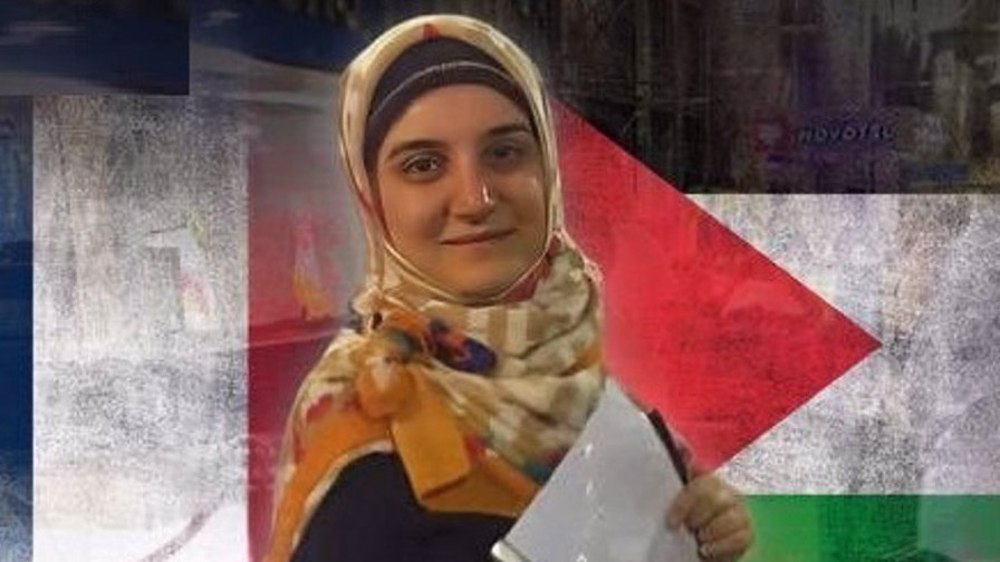
French police detain female Iranian academic to silence anti-Israeli genocide voices
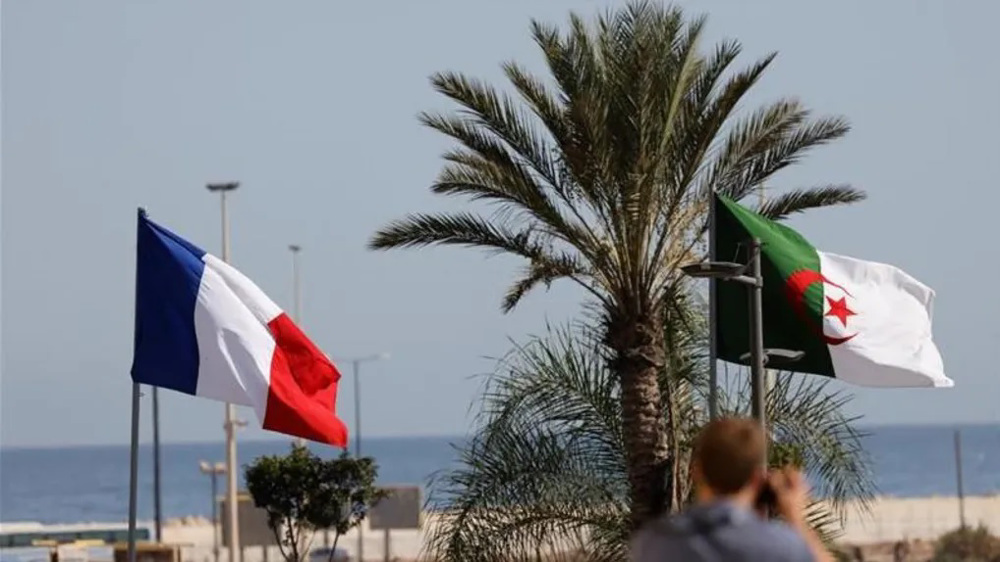
Diplomatic tension flares as Algeria threatens to expel 12 French officials
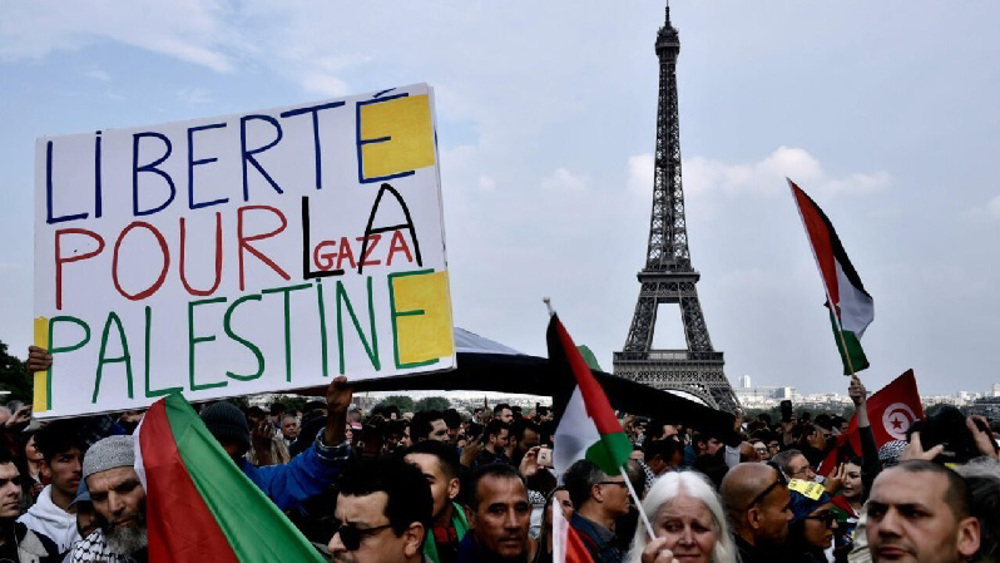
Pro-Palestine protest in Paris
VIDEO | Zionist control at Columbia University
VIDEO | Zionists and pornography
Iranian diplomat says ‘excessive unilateralism’ renders UN ineffectual against certain states
US conducts new airstrikes on Yemen’s Ma’rib, al-Jawf provinces
Full-blown famine grips Gaza as 91% of population faces extreme food insecurity: NGO
VIDEO | Press TV's news headlines
Iranian FM informs Saudi counterpart about indirect talks
VIDEO | Pakistani parliament adopts resolution against Israeli atrocities in Gaza








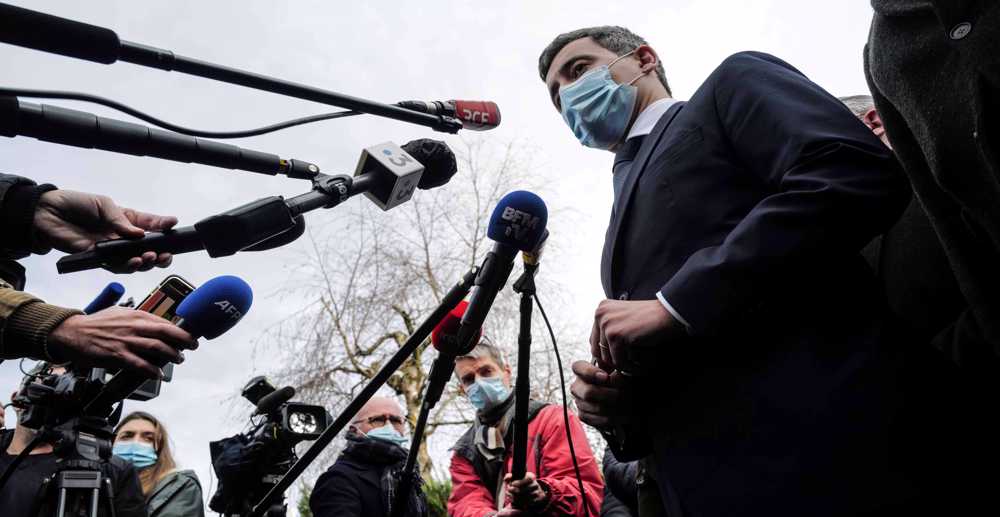

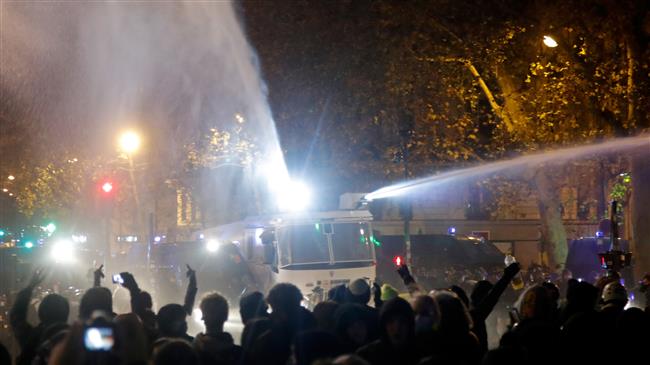

 This makes it easy to access the Press TV website
This makes it easy to access the Press TV website